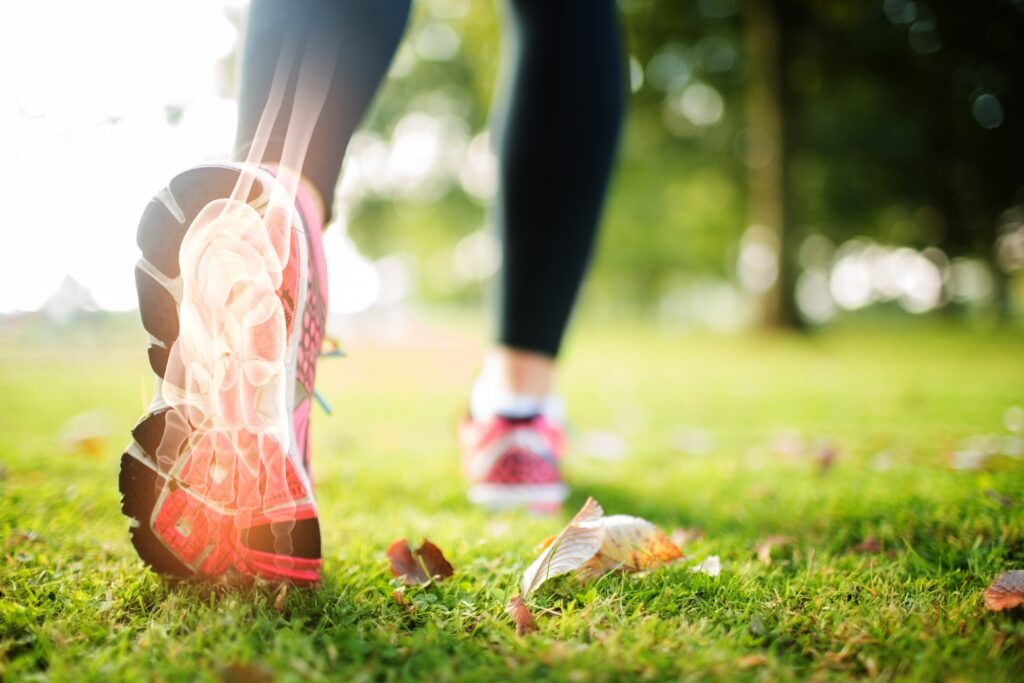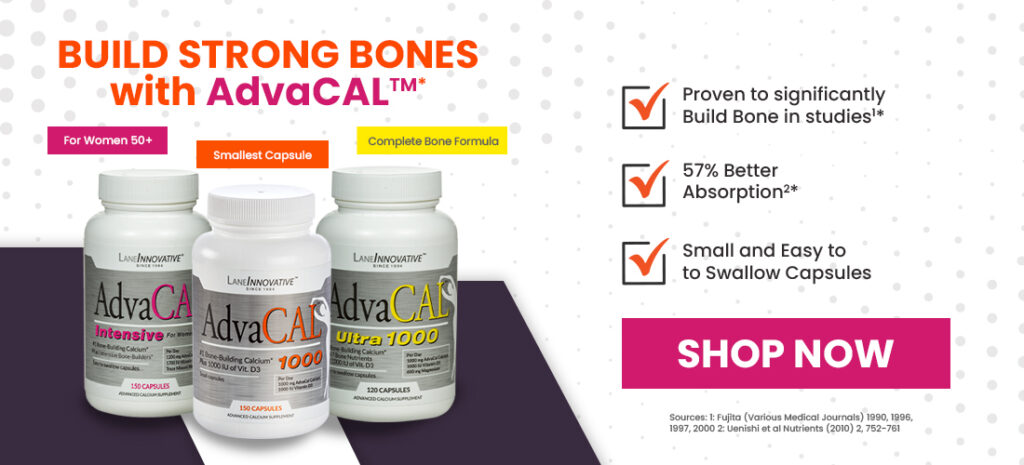Bone Health
How Does Autumn Impact Your Bone Health?
Fall weather causes many changes in the weather and environment around you. In addition to changes in nature, autumn also impacts many aspects of your physical health, including your skin, mentality, and bones. If you want to learn more about how fall weather impacts your bone health and how to stay safe as the weather changes, you’ve come to the right place.

How Does Fall Weather Negatively Impact Bone Health?
In most cases, even though many people love autumnal weather, it has a negative impact on their bone and joint health, and here’s why.
Fall Weather is a Fall Risk!
The most obvious risk associated with the fall season is that it raises the chances of falling and hurting yourself. As the temperatures drop in October, November, and early December, the ground will start freezing and becoming slick. When this happens, there’s a greater chance that you’ll slip and fall, which is one of the biggest risks for people with low bone density.
On top of slipping, falls are more likely to happen in autumn due to the thick foliage on the ground. This makes it harder to see tripping hazards, increasing your fall risk.
Increased Aches and Pains
Another negative impact on your bone health has to do with a drop in barometric pressures. Barometric pressure, also known as air pressure, refers to how dense or thick the air is. In fall, when it’s cold outside, the air tends to drop and get thicker, which can stress your bones and joints more. This leads to an increase in discomfort and makes it harder for you to stay active and healthy.
More Oxidative Stress and Inflammation
In addition to denser air pressure, cold weather has also been shown to increase oxidative stress and inflammation in the human body. When this happens, it impacts your bone health by increasing bone loss, reducing bone density, and causing cellular breakdown. Therefore, increased oxidative stress and inflammation are terrible for your bone health.
Decrease in Activity
Finally, fall also has a negative impact on bone health for psychological reasons. People are naturally more tired and cooped up when it gets cold and dreary outside, leading to decreased activity. This, in turn, puts you at higher risk for bone loss, falls, and other problems related to bone health.
How to Maintain Your Bone Health This Autumn
Because fall poses an increased risk to your bone health, it’s important to do everything you can to protect yourself and your bone density this autumn.
Have a Healthy Lifestyle
Even though you might feel less motivated to live and eat healthy, maintaining a healthy lifestyle is essential for year-round bone health. This includes the following:
- Eating plenty of fruits, vegetables, and complex carbohydrates.
- Avoiding fried foods, sugary foods, and simple carbs.
- Increasing your Vitamin D and calcium intake.
- Maintain a healthy weight to put less stress and pressure on your bones.
Dress Extra Warm
If you don’t want cold weather and heavy barometric pressure to get the better of your bones, it’s essential to dress warmly and comfortably. This will help keep the achy and painful sensation out of your bones that typically accompanies cold weather. Body warmth also increases elasticity, which is good for keeping your joints and muscles loose and your bones happy.
Sleep and Exercise
In addition to eating right and maintaining a healthy weight, getting plenty of sleep and exercising regularly during autumn is essential. Your body undergoes bone remodeling and formation during sleep, but only during certain stages, so getting plenty of it is essential. Additionally, getting plenty of exercise will make for stronger bones and joints, resulting in decreased bone loss and increased density.
Consider a Bone and Joint Supplement
Finally, if you’re serious about protecting your bones this autumn and winter, consider taking a bone supplement, such as AdvaCal from Lane Innovative. AdvaCal contains all the calcium and Vitamin D you need to support healthy bones throughout the year.*
This will make for stronger, denser bones, which will correlate to an increase in energy. As a result, you’ll be able to exercise more, eat healthier, and sleep better, in addition to increasing your calcium and Vitamin D.*
Like? Share with your friends
Learn More Information on AdvaCAL, the #1 Bone-Building Calcium*

